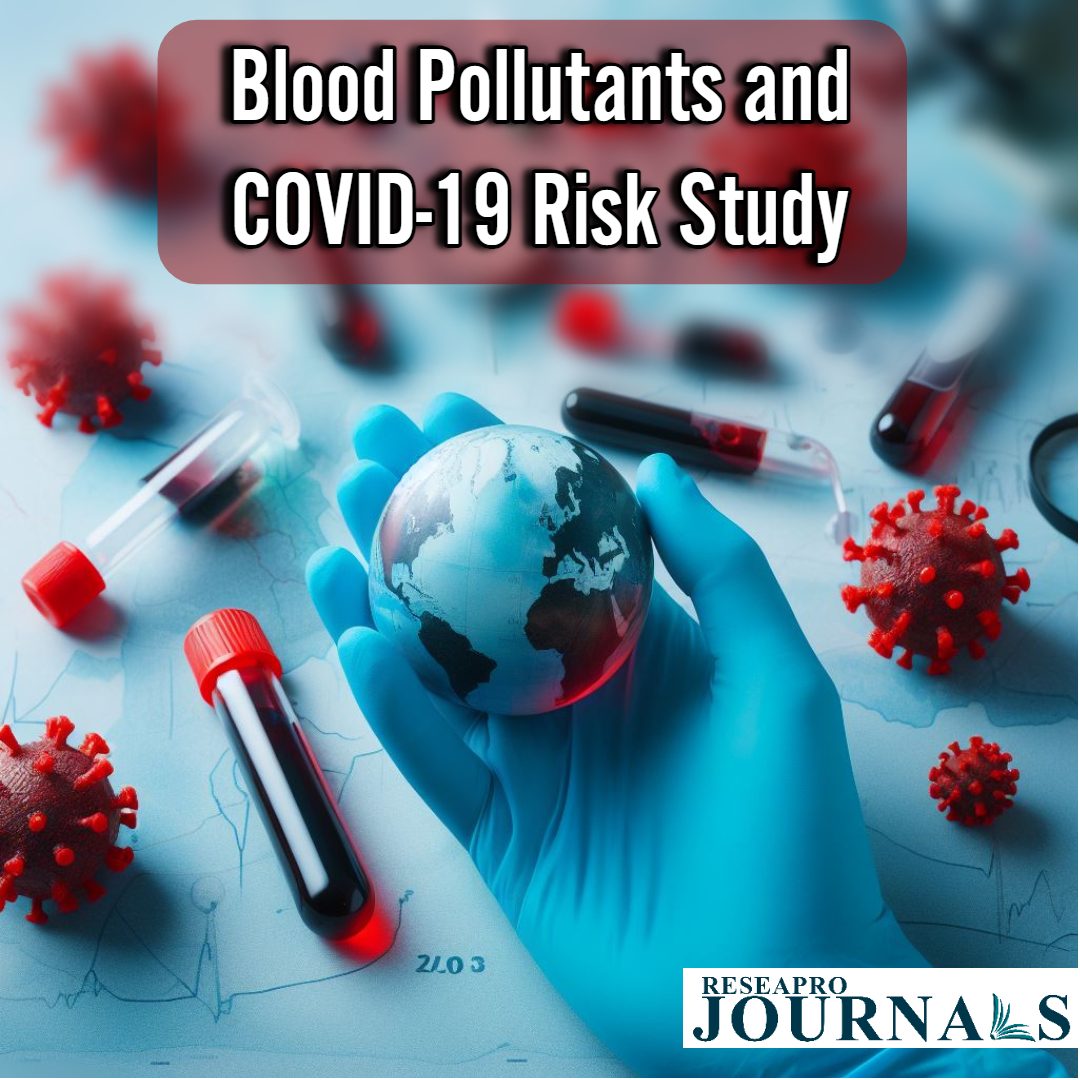The study in Barcelona investigated the influence of personal concentrations of per- and polyfluoroalkyl substances (PFAS), persistent organic pollutants (POPs), and chemical elements in individuals’ blood (collected in 2016-2017) on SARS-CoV-2 infection and COVID-19 outcomes. PFAS were not associated with SARS-CoV-2 seropositivity or COVID-19. However, previously identified mixtures of POPs and elements were significantly associated with these outcomes when adjusted for PFAS. Certain chemicals were consistently linked to SARS-CoV-2 seropositivity (thallium, ruthenium, lead, etc.) and COVID-19 (thallium, ruthenium, lead, etc.), suggesting their role in infection and disease risk heterogeneity.




